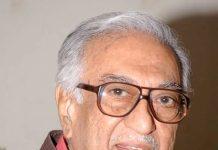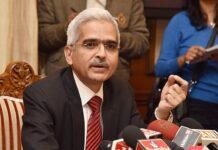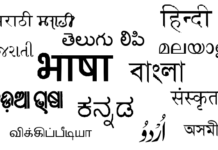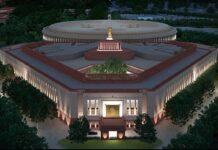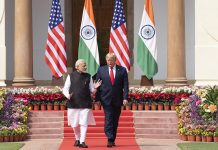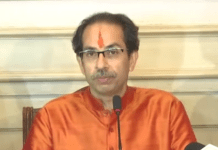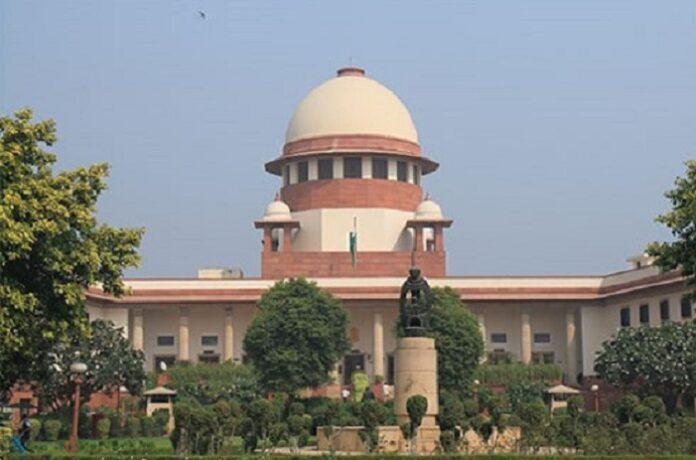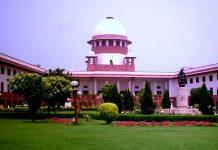Under Indian law, the idols or deities are considered as ”juristic persons” based on the pious purpose of endowments made by the donors of the ‘land and properties’ to the deities. Courts in India, on several occasions, have held Hindu idols as legal persons for this reason. The deities, hence are represented by an advocate in the Indian courts.
Where do Gods seek justice ?
The answer is the Supreme Court of India, the Court whose motto is यतो धर्मः ततो जयः (where there is ‘righteousness’, there is victory)
Established on 28 January 1950, days after promulgation of constitution and India becoming republic, the Supreme Court is the highest adjudicating authority of the land. The power of judicial review of this court is a basic feature of Indian Constitution hence un-amendable.
Lord Shri Ram (Bhagwan Sri Ram Lala Virajman) has recently won a major, century old legal battle in this court over a piece of land in Ayodhya believed to be His birth place. In this case, Lord Shri Ram was the first plaintiff in Suit 5 while Lord Ayyappa is currently a litigant in another case.
Such is the might of this ‘organ of Indian State’ and such is the trust that this commands!
Under Indian law, the idols or deities are considered as ”juristic persons” based on the pious purpose of endowments made by the donors of the ‘land and properties’ to the deities. Courts in India, on several occasions, have held Hindu idols as legal persons for this reason.
The deities, hence are represented by an advocate in the Indian courts.
Mr K Parasaran, a 92 years old senior Supreme Court lawyer known popularly as the ”advocate of Gods”, has successfully pleaded and defended the case of Lord Shri Ram in the Supreme Court. He is also currently representing Lord Ayyappa.
There is another non-legal dimension to ‘deities’ being treated as individuals- unlike in Abrahamic faiths or religions by books, in Indian religious traditions like Hinduism or Jainism, the deities or idols undergo Prana Pratishtha (literally meaning ”infusing of life”) involving performance of specific rituals and chanting of mantras as prescribed in sacred texts. Once consecrated, the deities need constant, uninterrupted maintenance on daily basis.
***
Bibliography:
Supreme Court of India, 2019. Judgement in Case Number C.A. No.-010866-010867 – 2010. Published on 09 November 2019 Available online on https://main.sci.gov.in/supremecourt/2010/36350/36350_2010_1_1502_18205_Judgement_09-Nov-2019.pdf Accessed on 05 February 2020.
***
Author: Umesh Prasad
The author is an alumnus of the London School of Economics and a UK based former academic.
The views and opinions expressed on this website are solely those of the author(s) and other contributor(s), if any.




